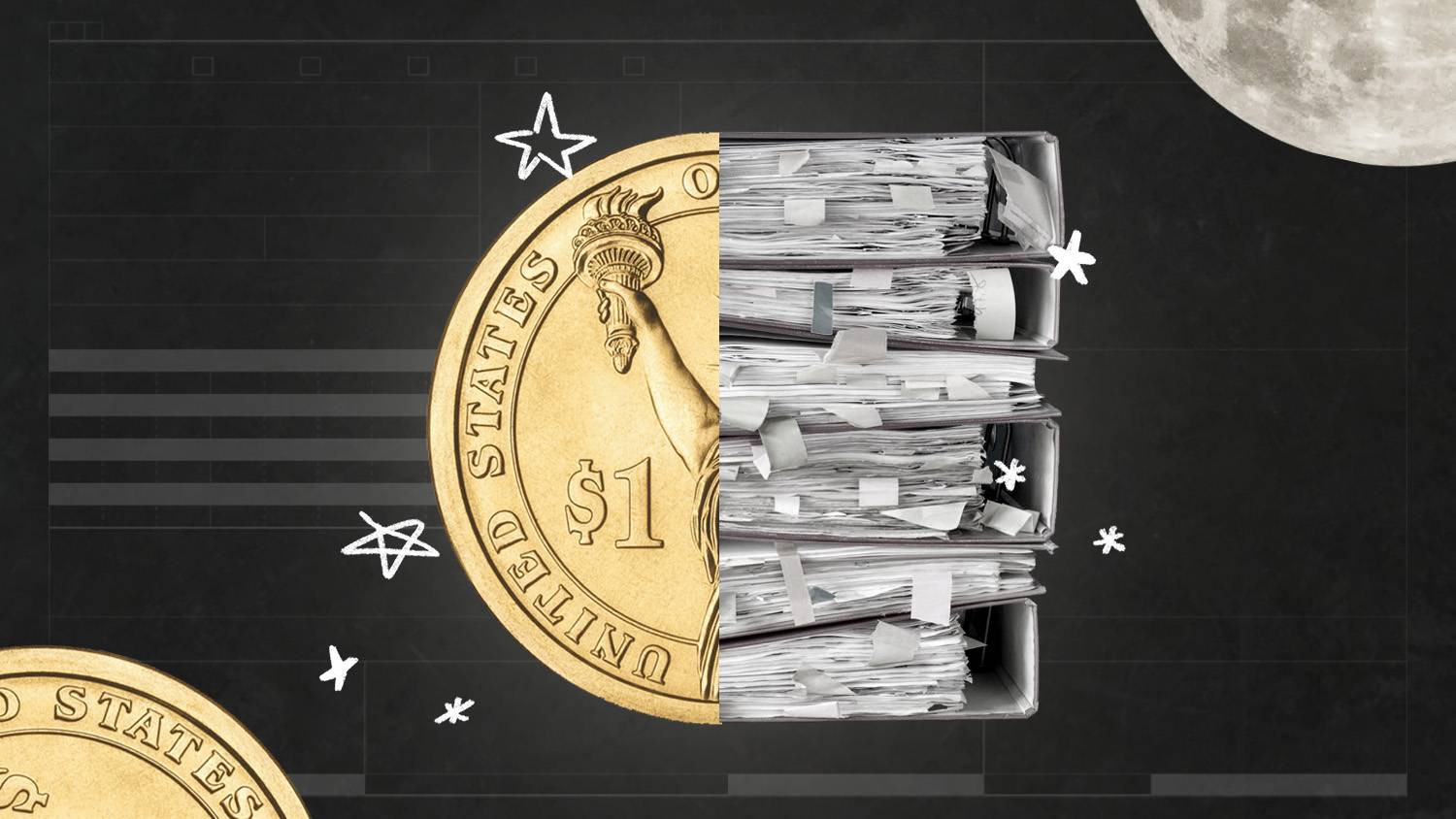
The mere mention of “sales taxes” may send shudders through an artist who would prefer to work eight hours in a studio than spend 15 minutes crunching numbers. On the other hand, if an artist is worried about “sales taxes,” it also means something quite fantastic: Theyʼve sold something.
To hell with capitalism, messing with taxes.
Slow down, radical artist advocate. Sales taxes arenʼt merely extra amounts added at checkout. Itʼs important revenue for state and local communities. It may be tempting to skip taxes and believe it doesnʼt harm anyone; however, this revenue is often used in important ways that donʼt make headline news. Although it varies by state, some sales tax revenue is returned to local communities, even when those communities donʼt add their own sales tax. Furthermore, in small cities like my hometown of Starkville, Mississippi, a portion of both city and county revenue gets granted to specific arts organizations, including the local community theatre, arts council, and public library.
In other words, sales taxes support cultural resources that directly benefit artists.
Ok, Iʼm listening…
Sales taxes are a small tax added to the sale of a good, such as a work of art.1 Artists are legally required to collect and pay this tax on sales in Illinois, says Janet Ecklebarger, owner of Tax-Scout who helps clients with their tax returns and is herself also a textile artist. However, in Illinois, services (like art installation, proofreading, and editing), are NOT taxed. In Chicago, there are two sales taxes. “The state of Illinois collects 6.25% sales tax. Cook County (collects) an additional 4%, so thatʼs why the sales tax in Chicago is 10.25%,” explains Ecklebarger.
Is this a lot of work? Do I have to do this?
No, itʼs not hard. Yes, itʼs required by law. With digital forms of payment, the Internal Revenue Service (IRS) may have easier ways to track unreported sales, because, as Ecklebarger shares, “Various federal regulations are now being imposed on (payment) apps to report to the state and feds on amounts of money transferred.” The penalties for non-payment could include interest and fines (not to mention that the IRS might be able to garnish your accounts and collect the funds anyway). In other words, just because a sale is processed through the “friends and family” and similar features of apps like PayPal, it may not be under the radar.
Do I have to create a business?
No. As Ecklebarger explains, “The moment you earn money outside of W-2, youʼre instantly a sole proprietor, even if selling one thing at a craft fair.” In other words, you already ARE a business and, if you arenʼt selling through a gallery or store who is collecting and reporting sales taxes on your behalf, then you are responsible. If selling through a gallery or co-op, the artist should confirm that the gallery /
co-op is collecting and reporting the sales taxes. For anyone selling art, here are the steps Ecklebarger outlined.
- Get an EIN (Employer Identification Number) from the IRS.
This is free from the IRS. This number represents the artist as a business. In fact, Eckleberger recommends that artists use this number when hired as a subcontractor (such as when hired as a studio assistant or a literary magazine as an editor) so they arenʼt giving out their social security number.
- File a REG-1 to get an 8-digit IBT (Illinois Business Tax Number) from the State of Illinois.
The form for REG-1 is on the Illinois Department of Revenue website. This will ask whether the artist is operating as a sole proprietor (the artist owns the business as an individual) or a business entity, such as a limited liability company. Most emerging artists operate as sole proprietors. If an artist operates as a business entity, they will need to follow any legal requirements involved.
- Sell your art. Collect sales taxes.
It may be easier to set a price that already includes sales taxes.“Increase your price to include the sales tax so you get what you want and the state gets what it wants,” says Eckleberger. This can make transactions easier at festivals, fairs, and pop-up shows. Using a merchant app like Square, which allows tracking of sales by cash and check, can help make calculating taxes and reporting on sales very easy.
- Report and pay sales taxes by filing an ST-1.
If an artist collects more than $250/month in sales taxes (not sales), they must file monthly; otherwise, they can file quarterly. Eckleberger notes, “It’s one of those things that’s hard to remember to do. So set a reminder.” But not time-consuming, apparently, because, according to Eckleberger, “even a ‘zero return’ (no sales) takes only 3 minutes online,” and, like riding a bike, it gets easier as it gets repeated. The taxes themselves are paid electronically when the ST-1 is filed and, if sales are low enough, the artist may be given permission to file annually.
Although artists can pay someone to file the ST-1 for them, Eckleberger strongly encourages artists to do this themselves. “The confidence you can have by figuring it out yourself allows you to keep a better handle on your business. I’m a big proponent of understanding the system and taking care of the business yourself so you understand where every penny goes, so that you can save money and buy a house.”
A common question arises when an artist sells online or otherwise sells outside of the state. A Chicago artist who sells something in Michigan “is not necessarily required to collect Michigan sales taxes, because the artist has ‘sales tax nexus’ (is doing business) in Illinois,” explains Eckleberger. This gap regarding out of state sales is where the “use tax” came into existence, where states try to collect lost sales tax revenue from residents who buy something out of state and bring it home to use. “However, an artist from Michigan who goes home, lives there for the summer and sells art, probably should collect and remit (pay) there.”
- Ask for help if you need it!
John W. Bateman (MFAW 2023) has a secret addiction to glitter and, contrary to his Mississippi roots, does NOT like sweet tea. After nearly 20 years in philanthropy, he left his southern unicorn lumberjack shack and moved to Chicago.








Thanks for the good information!